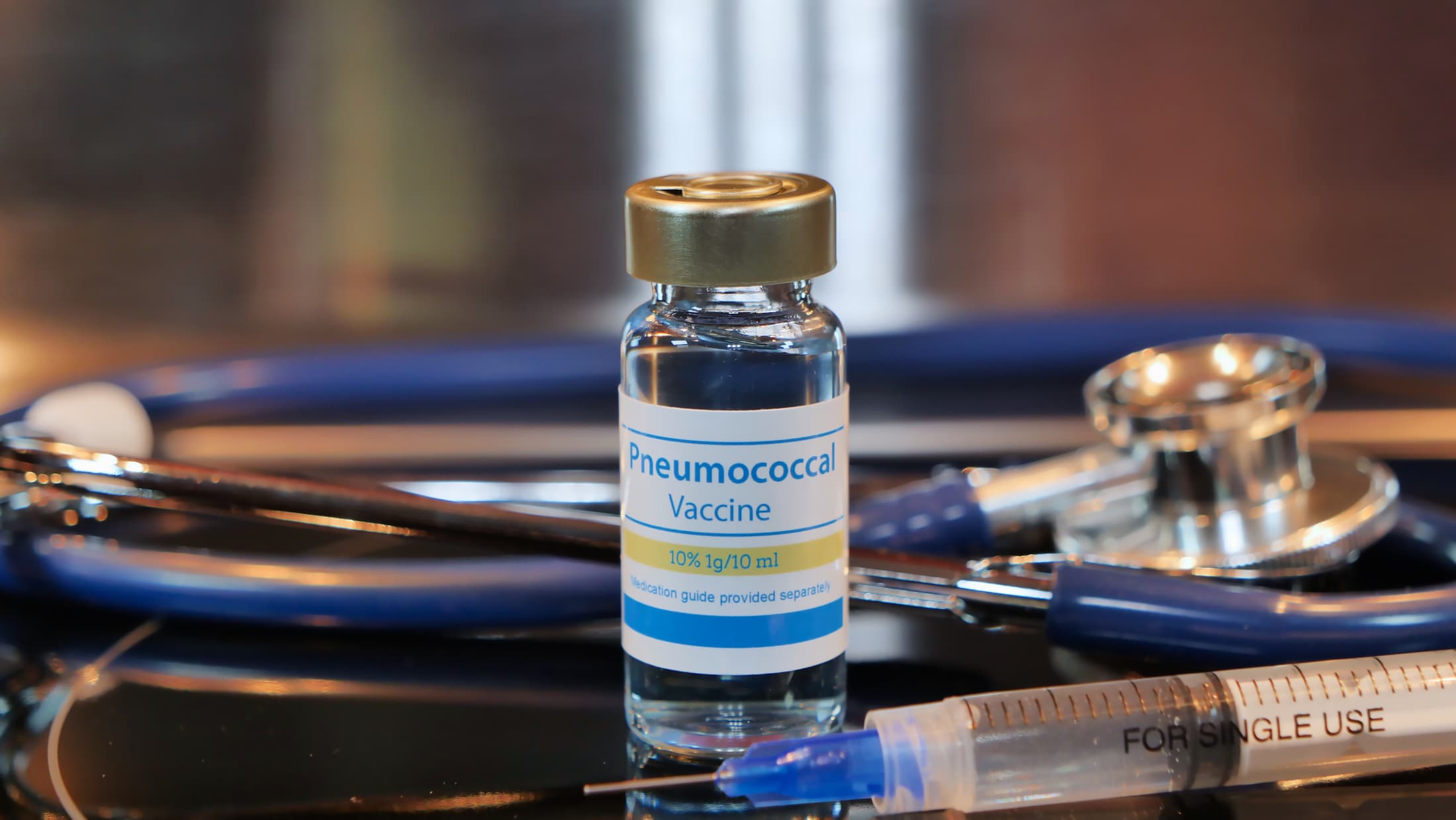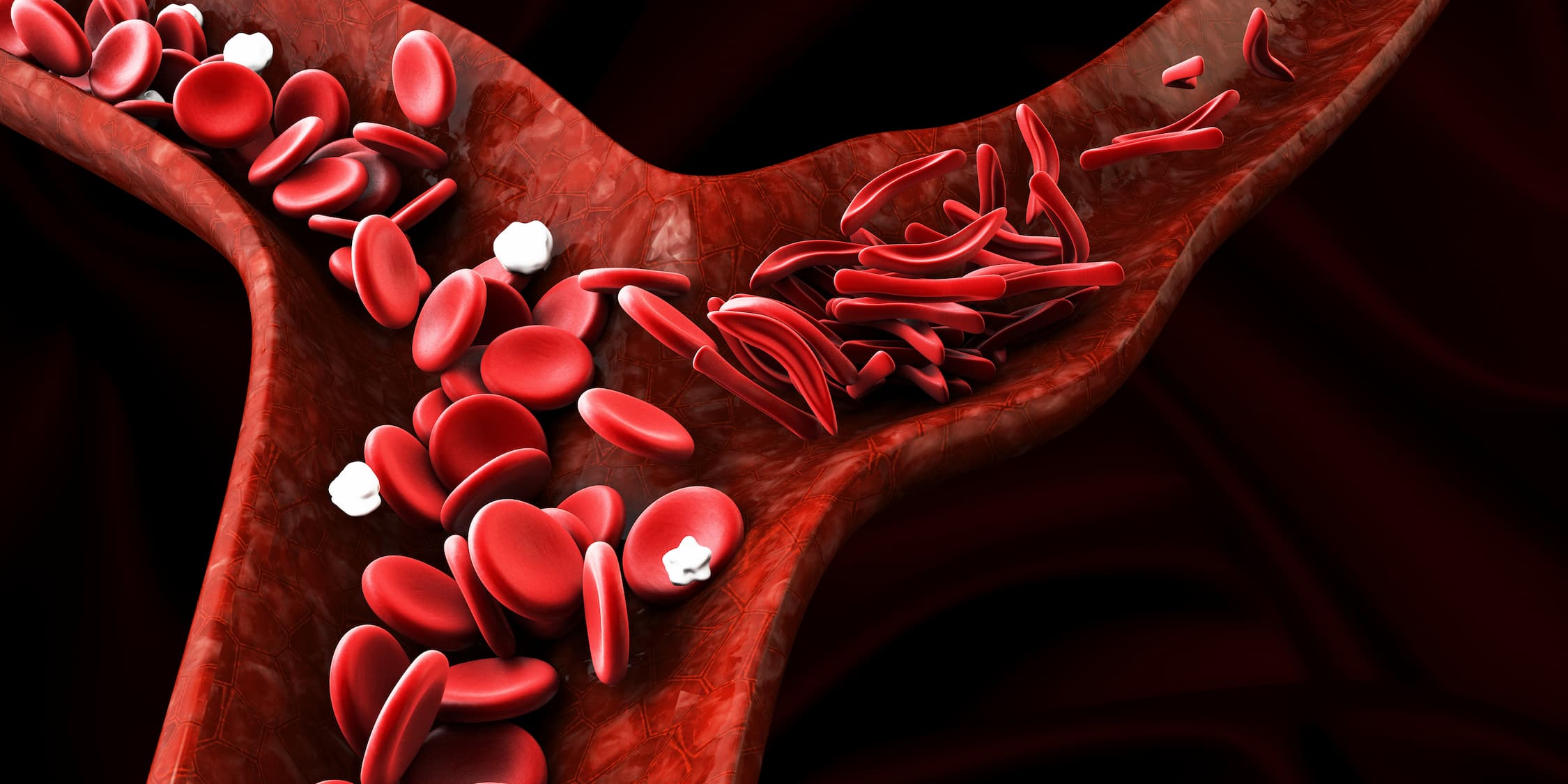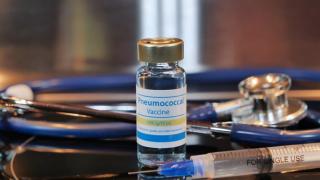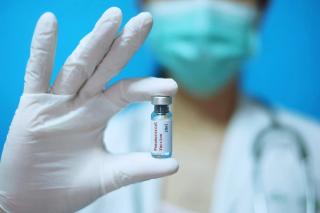
Pneumococcal
Latest News
Latest Videos

CME Content
More News

Investigators determined a series of risk factors that can lead to complicated pneumococcal bacteremia, including older age and key comorbidities.
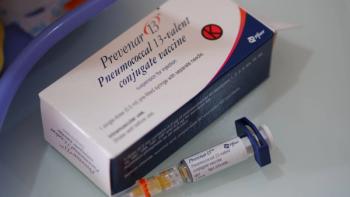
Post pandemic, invasive pneumococcal disease cases rise among youth due to declining vaccination rates, highlighting urgent public health concerns.

The SmartPhrase listed indications for PCV20 aligned with CDC guidelines and was incorporated into provider documentation, significantly improving vaccine uptake.

A series of predictors were associated with a higher likelihood of intensive care unit (ICU) admission and subsequently poor outcomes in patients with Streptococcus pneumoniae bacteremia.

Knowledge of serotype prevalence and virulence can optimize the management of community-acquired pneumonia.

Adults in the United States are often infected by serotypes of Streptococcus pneumoniae unique to the pneumococcal 21-valent conjugate vaccine (PCV21) compared with those unique to PCV20.

The 20-valent pneumococcal conjugate vaccine (PCV20) demonstrated higher vaccine effectiveness against invasive pneumococcal disease or all-cause pneumonia in cohorts of older adults.

New research highlights the enhanced humoral response in lymphoma survivors receiving two doses of the PCV20 vaccine, emphasizing vaccination's critical role in infection prevention.

Compared with lower-valent vaccines and PPSV23, higher-valent pneumococcal conjugate vaccines were more cost-effective, especially in high-income countries.

A hybrid chatbot that evaluates stages of change in pneumococcal vaccination desires while providing artificial intelligence (AI)-based Q&A opportunities improved uptake in older adults.
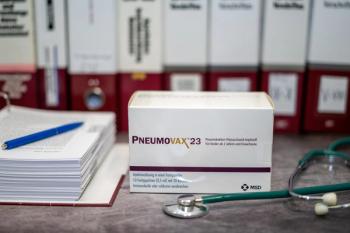
Vaccination with 23-valent pneumococcal polysaccharide vaccine did not reduce the rates of acute coronary syndrome and ischemic stroke in a randomized clinical trial.

Investigators found inconsistencies across subgroups, but the overall efficacy and safety of pneumococcal vaccination was affirmed.
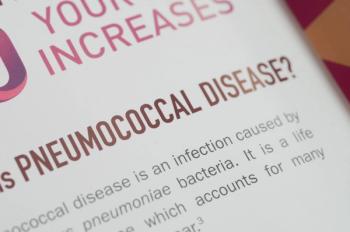
Pharmacists should ensure pneumococcal vaccination strategies are tailored to high-risk individuals, especially those with type 2 diabetes (T2D).

Using the United States Vaccine Adverse Event Reporting System database, investigators found that pneumococcal vaccination led to predominantly nonserious adverse events.
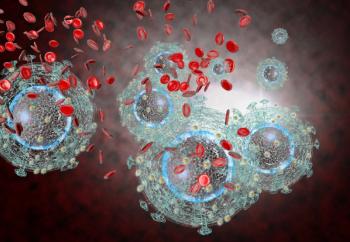
Pneumococcal 21-valent conjugate vaccine (PCV21) was found to be immunogenic and safe in individuals living with HIV, providing significant indications of efficacy in immunocompromised patients.
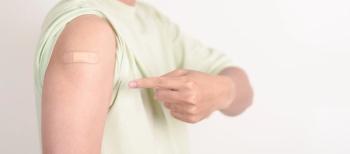
A multicenter registry analysis reveals that high-risk cardiovascular patients often miss opportunities to receive pneumococcal and influenza vaccinations, showcasing gaps that could be filled by pharmacists.

Use of educational resources at a gastrointestinal office improved pneumococcal vaccine uptake in patients with celiac disease.
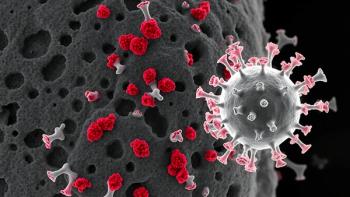
In STRIDE-13, the pneumococcal 21-valent conjugate vaccine (PCV21) induced robust immunogenicity in young, high-risk individuals against invasive pneumococcal disease.

The 21-valent pneumococcal conjugate vaccine (PCV21) elicited favorable immunogenicity and safety in infants and toddlers who were coadministered common pediatric vaccines, such as the measles-mumps-rubella vaccine.

Greater effectiveness was seen in children 1 year and older.

Patients with severe COVID-19 who tested positive for Streptococcus pneumoniae had higher mortality rates.
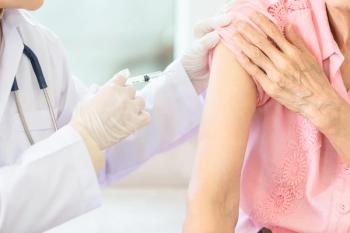
Patients in an outpatient oncology unit expressed willingness to receive a pneumococcal or influenza vaccine from a pharmacist if offered.
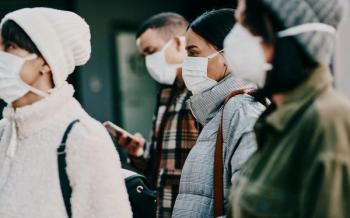
The implementation of nonpharmaceutical measures during the COVID-19 pandemic reduced transmission of Streptococcus pneumoniae, a key bacterium that causes pneumococcal disease.
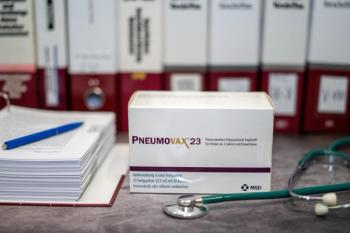
Case highlights the importance of careful cocumentation.
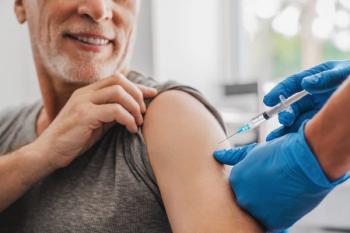
In a phase 3 trial, V116 demonstrated significant immunogenicity in older adults who had not before received a pneumococcal vaccination.



